ITIL® 4 Specialist: Business Relationship Management Training
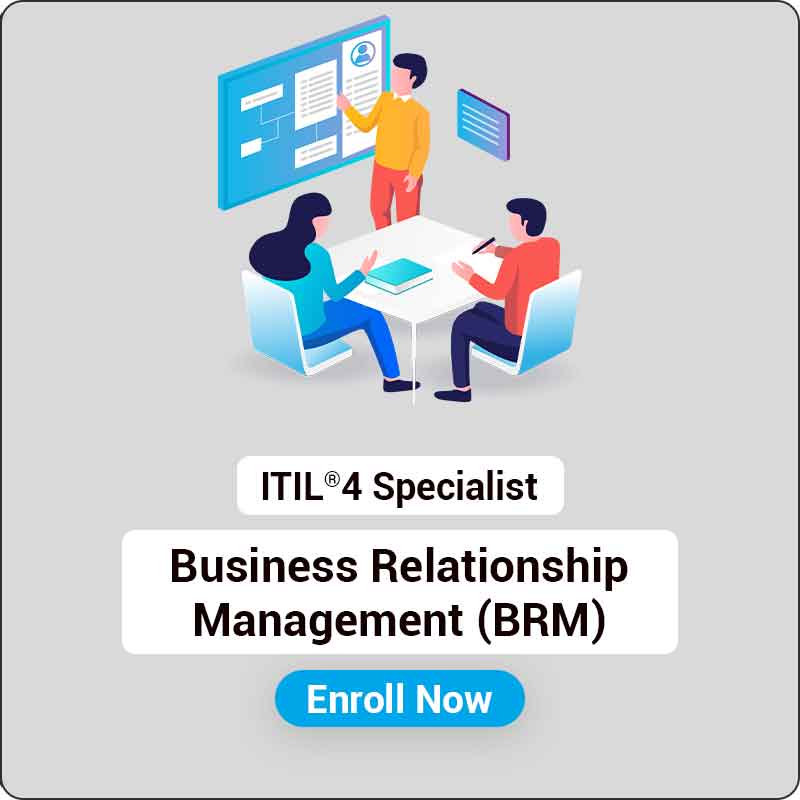
Accredited By

Course Package
Exam Voucher by PeopleCert
Official Training Material from PeopleCert
Official ITIL®4 BRM E-Book
Highly Experienced & Accredited Instructor
Live Instructor-Led Sessions
Real Life Examples & Case Studies
Lifetime LMS Access
K-Prime Warranty
Target Audience of ITIL® 4 Specialist: Business Relationship Management (BRM) Certification
The ITIL® 4 Specialist: IT Asset Management (ITAM) module is primarily designed for professionals who are involved in or responsible for IT asset management within an organization. The module is especially pertinent for:
-
Business Relationship Managers (BRMs)
-
Service Delivery Managers
-
IT Service Managers and Practitioners
-
IT Managers and Directors
-
IT Consultants and Business Consultants
-
Relationship Managers and Account Managers
Pre-requisites of ITIL® 4 Specialist: Business Relationship Management (BRM) Training

ITIL® 4 Specialist: Business Relationship Management (BRM) Exam and Certification Information
-
No. of Questions: 40
-
Exam Duration: 90 minutes
-
Exam Format: Multiple Choice Questions (MCQ)
-
Pass Marks: 26 out of 40 (65%)
-
Exam Type: Closed Book
ITIL® 4 Specialist: Business Relationship Management (BRM) Certification Journey

Course Outline
- ITIL® Foundation recap
- Overview of BRM and its importance in IT service management
- Key concepts and principles of BRM
- Relationship between BRM and other ITIL® practices
Why Knowlathon








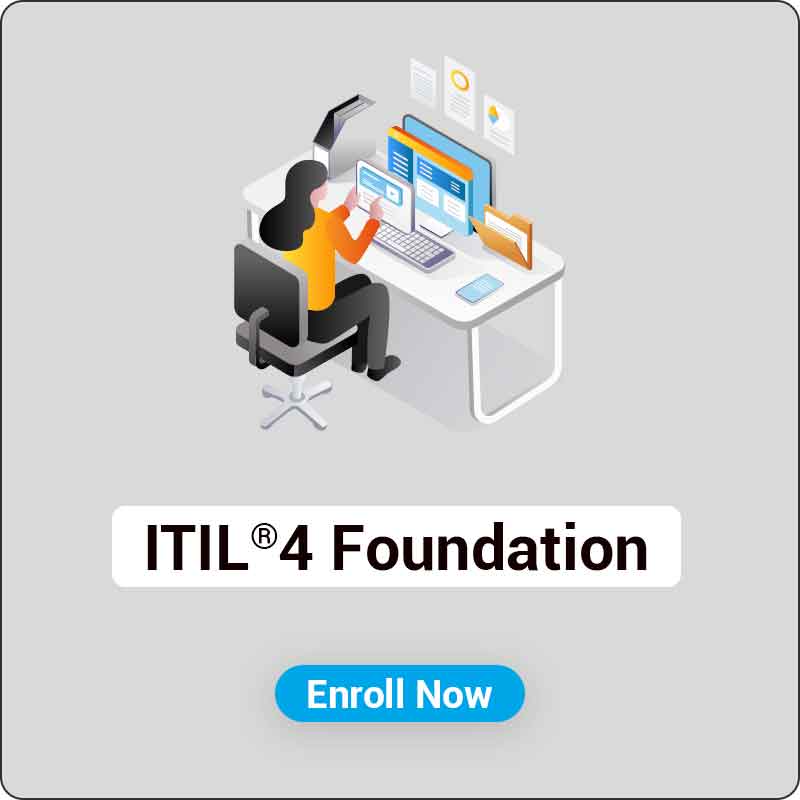
.jpg)
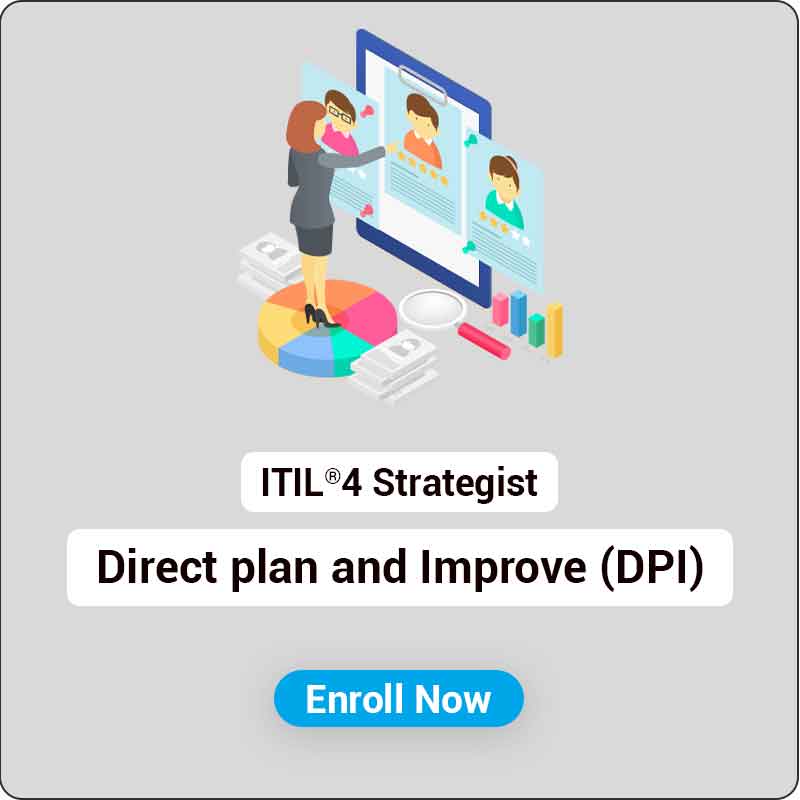
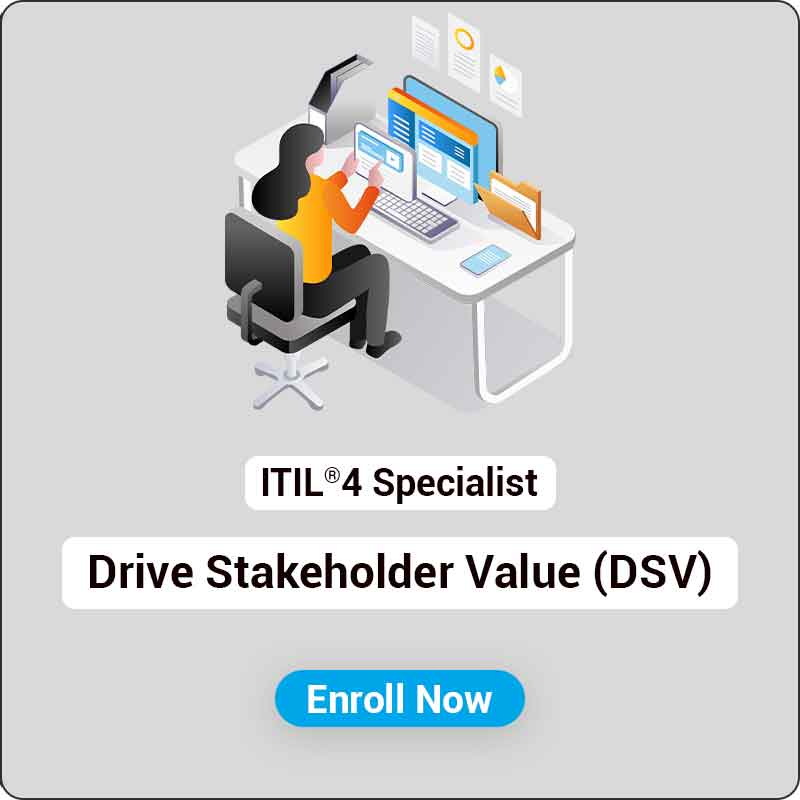

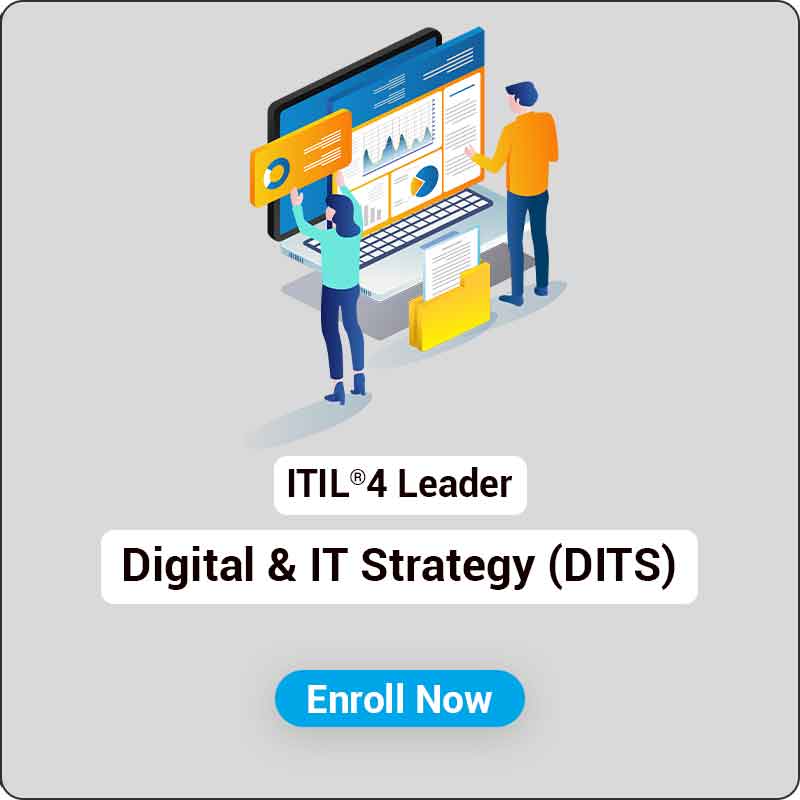
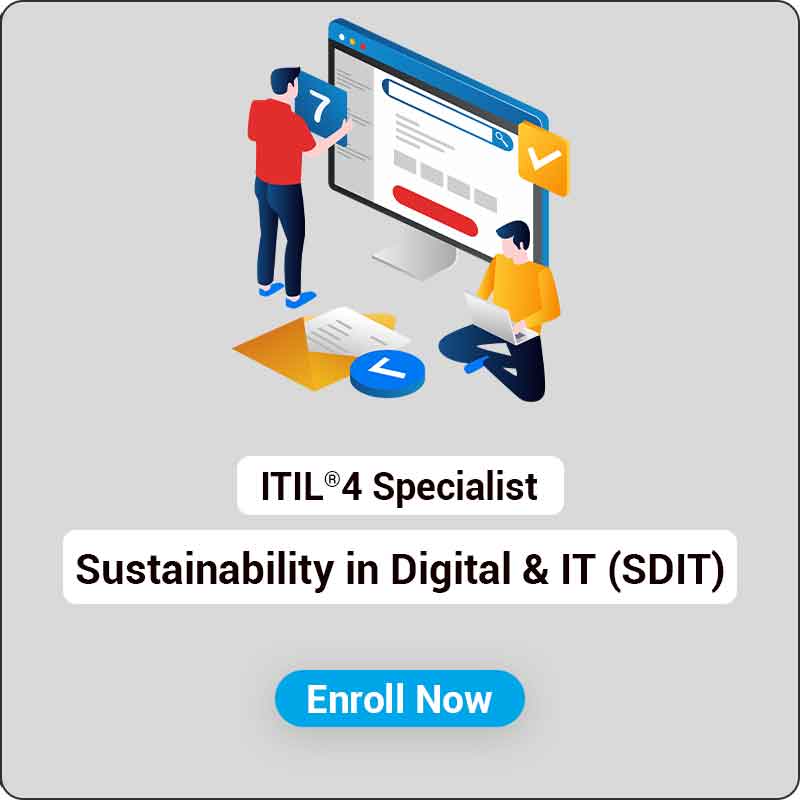
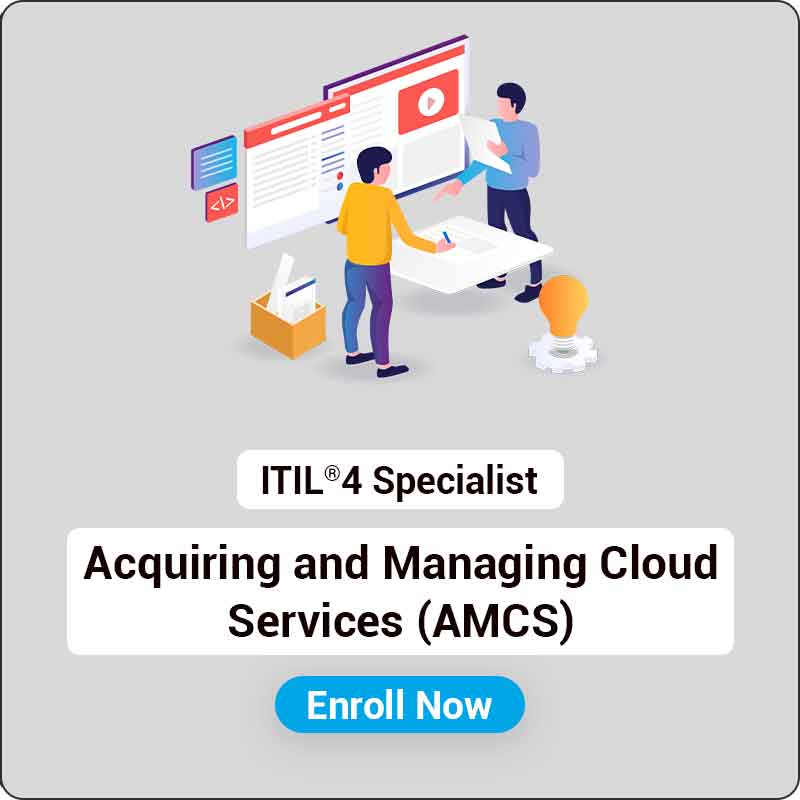
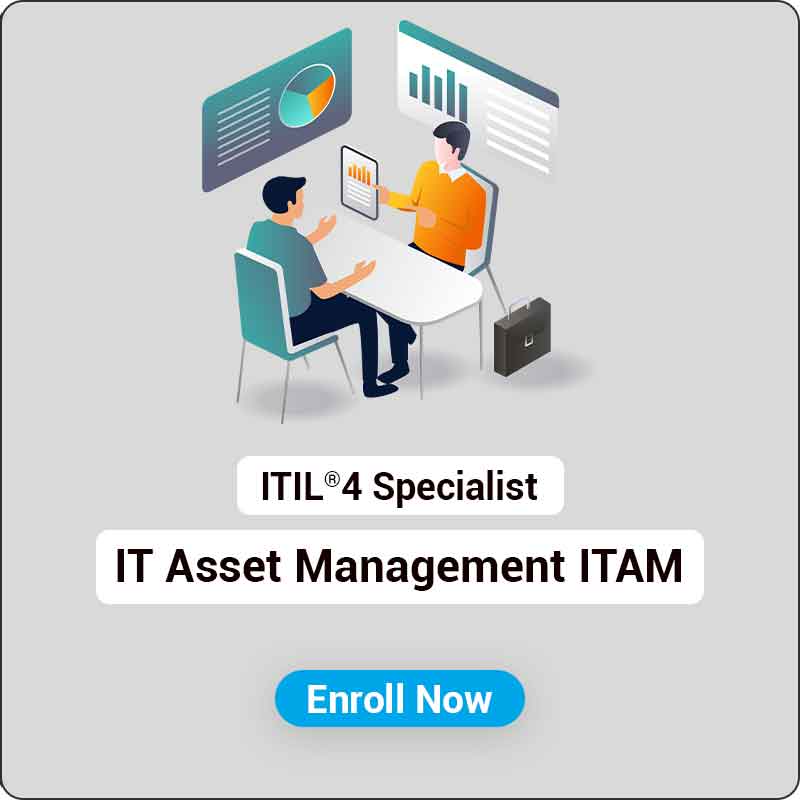

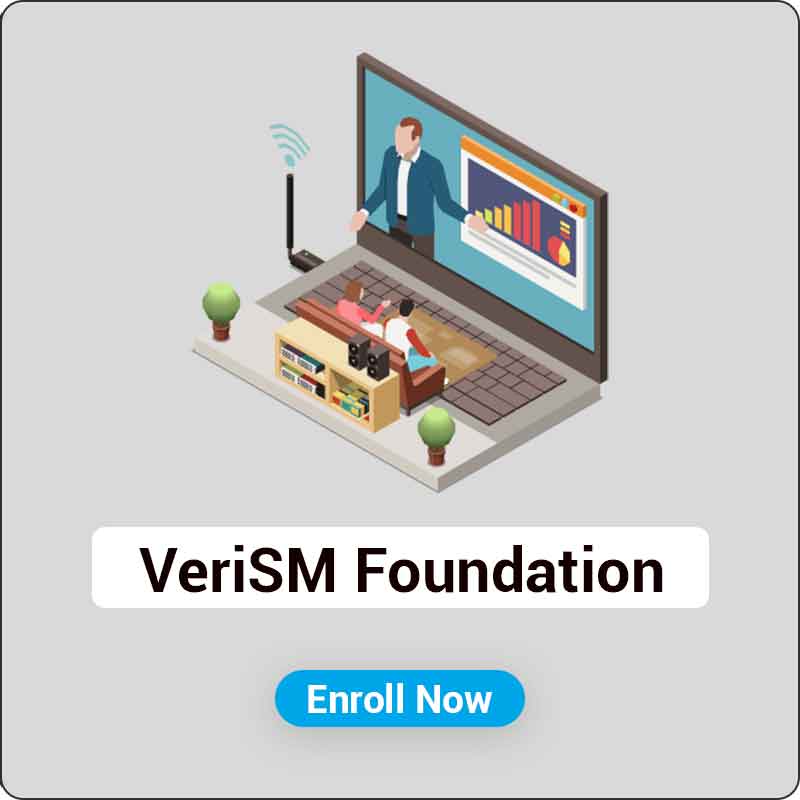
.jpg)
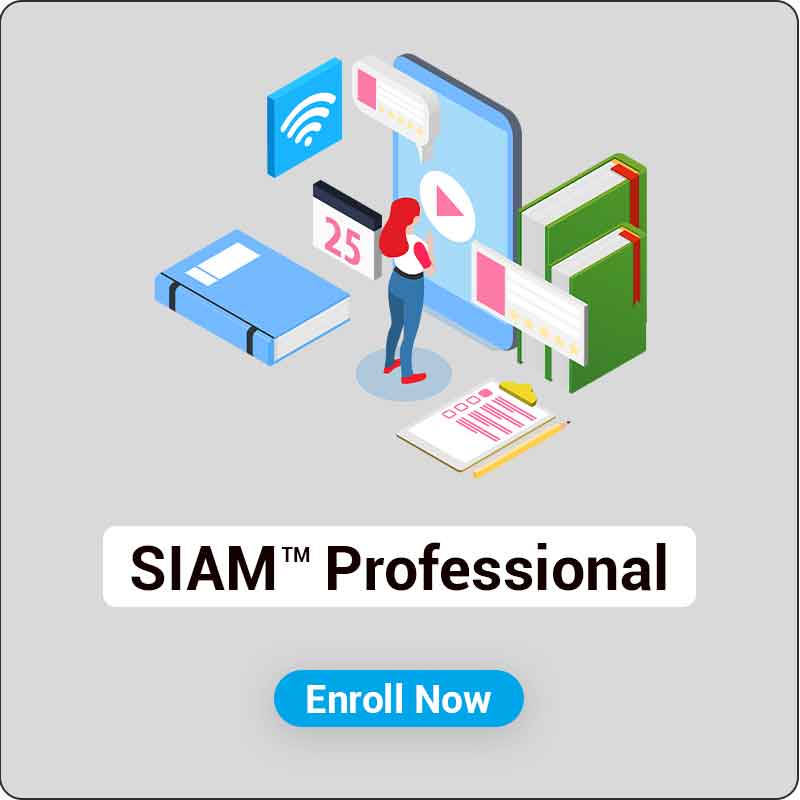
.jpg)
.png)
.png)

Student feedback
Reviews